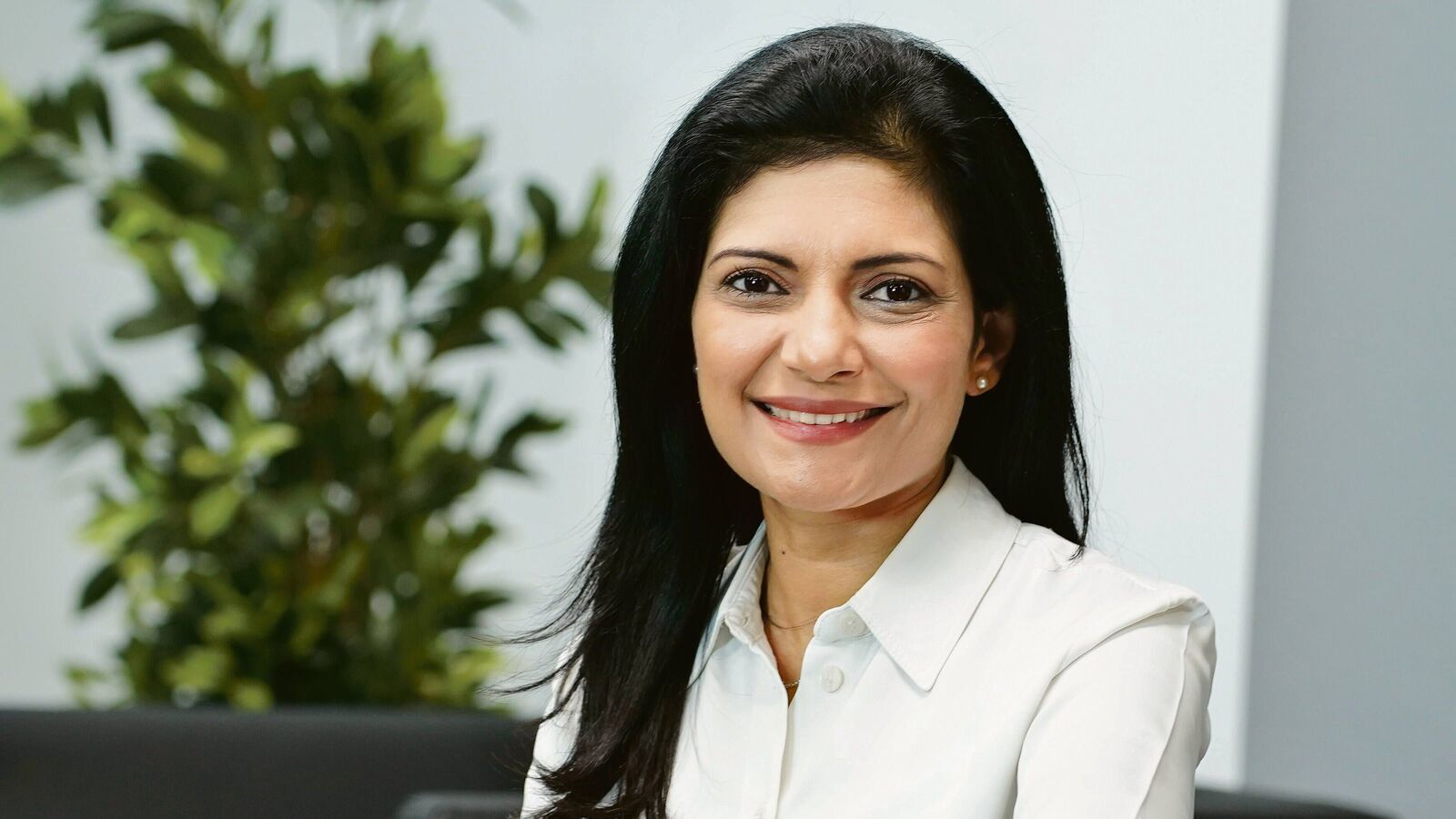
New Delhi: Regulations on artificial intelligence (AI) will play a crucial role in guiding enterprises, but it’s essential for governments to ensure that laws do not stifle innovation, said Sindhu Gangadharan, managing director of German enterprise firm SAP Labs India, and vice-chairperson of industry body Nasscom, in an interview.
This will foster the development of diverse India-specific use cases across industries, all centered around AI, she said. “At a policy level, we’re clear that we’ve so much bandwidth in innovation. As a result, we should definitely not apply the brakes on it. This is fundamental, but at the same time, it is also important to have necessary guardrails in place, so that we don’t get AI causing harm,” she added.
Gangadharan said regulators must strike the right balance to innovate for the multitude of use cases. “In the India context, there’s so much that we can do with AI in healthcare, education, agriculture and so on. You can’t stop innovation in these areas, but these would require guardrails when it comes to deploying and using AI.”
SAP is offering several large language models (LLMs) for its clients, and is also building its own LLM to source to businesses, chief technology officer Juergen Mueller, said in an interview on 6 November.
This expertise will be crucial for policymakers to tap from enterprises, Gangadharan said. “Everyone is getting wary, but whether they understand AI to the fullest is difficult to answer. In India, our government is closely working with enterprises to make sure whatever they do is in line with technology advancements. A similar approach is being taken in Germany, and it is very clear that government officials are not technologists. As a result, they need to work with technology companies, and academia, to strike a super important triangle between the industry, academia and governments. This should be the way forward.”
Leading tech figures, including Elon Musk, Mark Zuckerberg, Satya Nadella, and Sundar Pichai, have advocated for a unified global regulatory framework. On 1 November, 28 nations, including the US, the UK, China, and India, took the first step towards establishing common regulatory guidelines on AI.
At the press briefing on 3 November, Rajeev Chandrasekhar, union minister of state for IT, said India intended to advance the global dialogue on AI at the Global Partnership on Artificial Intelligence Summit in Delhi in 2023.
“At the Summit, we spoke about the need to have safe, trusted AI platforms, and distinguishing them from unsafe, untrusted platforms. We proposed that AI should not be demonized—in India, and around the world, it represents a massive opportunity. So, it must not be demonized and regulated out of existence and innovation. We spoke about who will determine safety and trust. We also discussed four harms coming out of AI, including workforce disruption, privacy impact on individuals, harms that are non-criminal, and weaponization and criminalization of AI,” Chandrasekhar said.
Gangadharan added that India is contextually important to global development “of algorithms, compute, data and business process knowledge, and work is happening in each sub-field. It is the GCC capital of the world and 40% of global firms having captive centres have hubs in India. India is number one in AI talent, and AI skills; in research on AI, India is number five. This shows a great amount of activity happening here, particularly in generative AI.”
Milestone Alert!
Livemint tops charts as the fastest growing news website in the world 🌏 Click here to know more.
Related Premium Stories
Download The Mint News App to get Daily Market Updates & Live Business News.
More
Less
Updated: 14 Nov 2023, 12:00 AM IST
